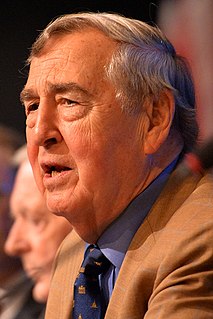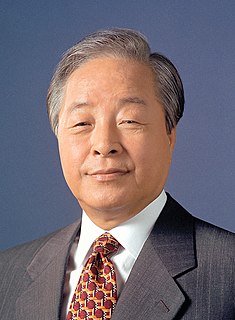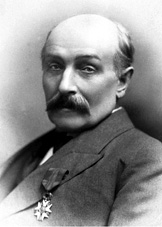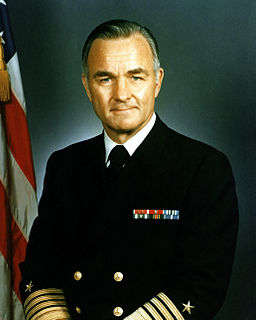A Quote by Herman Kahn
The widespread diffusion of nuclear weapons would make many nations able, and in some cases also create the pressure, to aggravate an on-going crisis, or even touch off a war between two other powers for purposes of their own.
Related Quotes
One of the three big factors that count against war in the relationship between China and the U.S. are, first, nuclear weapons and even a condition of mutual assured destruction. Secondly, one's got two economies that have become so deeply interlaced that a war between the U.S. and China would leave Wal-Marts empty and Chinese factories producing for nothing. Thirdly, climate - if between the two of us, we keep doing what we're doing, we can create a climate in which our grandchildren won't be able to live.
Teller contended, not implausibly, that hydrogen bombs keep the peace, or at least prevent thermonuclear war, because the consequences of warfare between nuclear powers are now too dangerous. We haven't had a nuclear war yet, have we? But all such arguments assume that the nuclear-armed nations are and always will be, without exception, rational actors, and that bouts of anger and revenge and madness will never overtake their leaders (or military and secret police officers in charge of nuclear weapons). In the century of Hitler and Stalin, this seems ingenuous.
So the idea about how detonation of a nuclear weapon might happen vary, you know - some people are especially concerned about terrorists getting their hands on nuclear weapons and using them. Some people are worried that there might be a nuclear war between India and Pakistan. Some think the Middle East, were Israel already has nuclear weapons and where other countries may be interested at some point and acquiring them, might be a flash point.
What is the only provocation that could bring about the use of nuclear weapons? Nuclear weapons. What is the priority target for nuclear weapons? Nuclear weapons. What is the only established defense against nuclear weapons? Nuclear weapons. How do we prevent the use of nuclear weapons? By threatening to use nuclear weapons. And we can't get rid of nuclear weapons, because of nuclear weapons. The intransigence, it seems, is a function of the weapons themselves.
The worst part of what we heard Donald [trump] say has been about nuclear weapons. He has said repeatedly that he didn't care if other nations got nuclear weapons, Japan, South Korea, even Saudi Arabia. It has been the policy of the United States, Democrats and Republicans, to do everything we could to reduce the proliferation of nuclear weapons.
The real concern is that Iran would do what Pakistan did. Pakistan wanted nuclear weapons, like Iran, purely for defensive reasons - to defend itself against India. The problem was that once Pakistan acquired the weapons, it allowed the country to be more aggressive. So they stepped up their support for the Kashmiri terrorists, and it led very quickly to the Kargil crisis in 2000, which almost sparked a nuclear war between India and Pakistan.


































